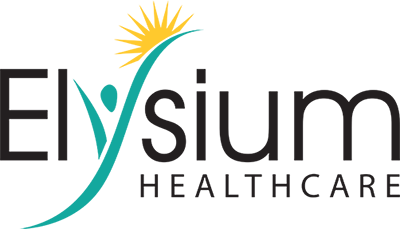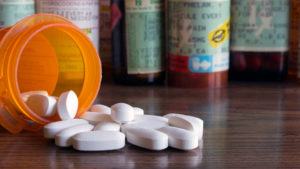
Many individuals who suffer from alcohol or drug addiction also suffer from a co-occurring mental illness, such as depression, anxiety, or PTSD. This phenomenon is called a dual diagnosis. For individuals who suffer from substance use disorder and a co-occurring mental illness, dual diagnosis treatment is essential.
What is dual diagnosis treatment?
What Is Dual Diagnosis: Explained
Dual diagnosis occurs whenever an individual suffers from both a mental disorder and a drug or alcohol problem. Dual diagnosis treatment involves treating the co-occurring illnesses alongside one another to help the person heal from all fronts. The goal of this treatment is holistic recovery and care.
What Illnesses Often Co-Occur Alongside Addiction?
Individuals who suffer from drug and alcohol addiction are often diagnosed with a co-occurring disorder. In fact, it is estimated that as many as 9.2 million adults have a co-occurring disorder in the United States. Some of these co-occurring disorders can include:
- Anxiety
- Attention deficit hyperactivity disorder
- Bipolar disorder
- Conduct disorders
- Major depressive disorder
- Post-traumatic stress disorder
- Schizophrenia
This is not a comprehensive list of illnesses that may occur alongside addiction, but they are the most common.
The Relationship Between Mental Disorders and Substance Use Disorders
The fact that over 9 million adults suffer from a dual diagnosis may come as a shock to you, but it does not come as a shock to medical professionals. There is a close relationship between mental disorders and substance use disorders.
Individuals who suffer from mental disorders may look to soothe their mental turmoil with substances, resulting in a substance use disorder that requires treatment. Conversely, a substance use disorder may escalate into a mental disorder with continual use and the stress that comes with it.
Additionally, there are common risk factors that contribute to both substance use disorders and mental disorders. For example, stress, trauma, and genetics all impact a person’s susceptibility to both substance use disorders and mental disorders.
How Is Dual Diagnosis Treatment Different From Other Treatments?
Dual diagnosis treatment builds upon regular addiction treatment, but it is designed specifically for the individual. It provides the individual with medical treatment for all medical diagnoses. As such, the individual will receive medical intervention for the addiction and the co-occurring mental illness.
Dual diagnosis treatment normally begins whenever an individual fills out an intake form at a rehab facility. The intake process involves numerous questions to fully understand the person’s physical and mental state.
From there, the team will work to create a treatment plan specifically for that individual. The treatment begins with a detox. It then continues with behavioral therapies, social support, and sometimes medicines. This approach to a dual diagnosis results in holistic care that warrants optimal success.
Treatment for dual diagnosis typically extends after the initial rehab treatment. Individuals who suffer from a mental disorder will normally begin seeing a doctor regularly to ensure their mental health is maintained. They should also continue therapy or group sessions to target their addiction.
Contact Elysium Healthcare for Help
Dual diagnosis occurs frequently among individuals who suffer from addiction. If you or a loved one is suffering from addiction and also suffers from a co-occurring illness, dual diagnosis treatment will likely be the most effective option for recovery.
Elysium Healthcare provides comprehensive recovery options for individuals who receive a dual diagnosis. Our programs are designed to help individuals from the inside out. As such, our programs are specialized based on the individual. We even provide a number of facilities to ensure you find a program that is right for your needs and preferences.
To learn more about Elysium Healthcare’s offerings, get in touch with us today.








No comment yet, add your voice below!